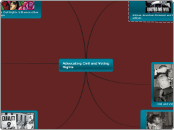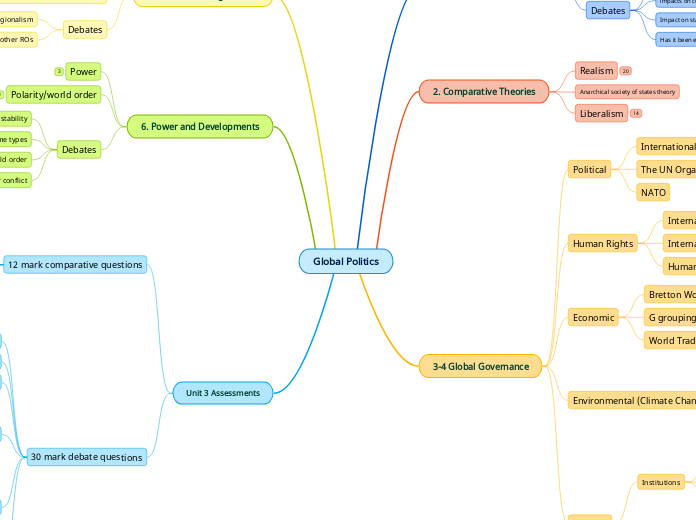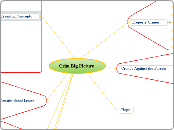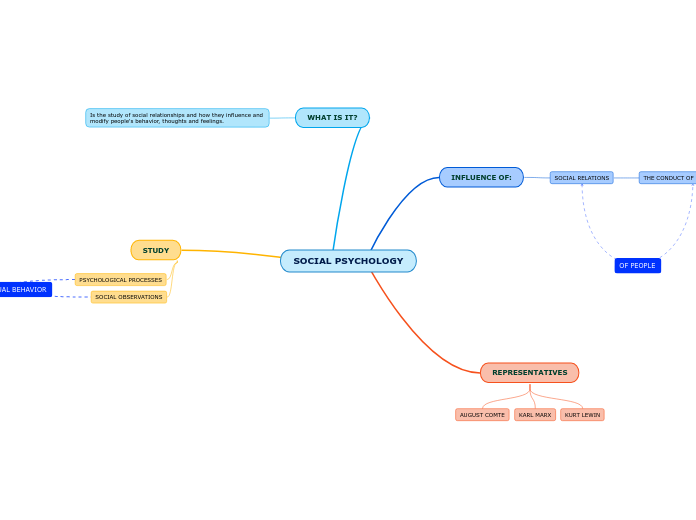How Powerful was the KKK in the 1920s?
Economic
Didn't have any noticeable impact on the US economy
TWK - "Trade With Klansmen". Boycotting of shops not run by Klan members was effective in some states at a local level
Huge membership meant greater income
Social
Only 200,000 members by 1928
Took different names in the "Doers Club"
Embarrassed to name themselves as the Klan in some areas esp. in the North
Much opposition in some areas inc. Irish gangs
Secerecy undermined the organisation socially
Newspaper investigations - several, esp. in North inc. New York World
Exposed violence (inc. lynching) and corruption
Floggins, kidnapping, branding with acid, mutilations, church burnings
Damaged public perception
WKKK - Women's KKK - had 500,000 members
Increased family influence
The Great Migration may have been partly due to Klan's mistreatment of A. Americans
Huge membership - peak 4m
DC Stephenson managed to recruit huge numbers of members
Completely controlled the political system and Rep. Party in Indiana
Promised to protect women and continue Prohibition
Supporting groups
Skilled workers
Moral campaigners
Fraternal organisations inc. Masons
Businessmen
Middle-aged Republicans
"Protestant American Giant"
Subtopic
Political
Not powerful
Little evidence of it achieving widespread political influence - "a group uncertain about how to define itself" - Goldberg
Could have been "more a vehicle to express resentment than a movement with coherent policy aims", as suggested by Leuchtenburg. Did not know what to do with the power it had.
Only 16 Senators (out of 100) elected. Most power only at local level. Difficult to prove their influence - the Senators may have been elected anyway.
Some states passed anti-Klan laws
The Walker Bill banned the wearing of masks in public
Supreme Court declared law requiring parents to send children to public schools unconstitutional in 1925
Powerful
Murder carried out in Moorehouse Parish, Louisiana. Murder carried out of two outspoken critics of the Klan. Governor Parker asked for federal help. Murderers still acquitted - jurly packed with white sympathisers and Klan members
Nationwide - popular in every state. Appealed to different states' interests e.g. immigration in North, blacks in South
President Harding was fairly supportive
Claimed credit for 1924 Immigration act (but reduced the purpose of the Klan)
Stephenson extended influence beyond Indiana's borders and into the Republican Party. Assocation with Governor of Indiana Ed Jackson. Stephenson became a political power and a multi-millionaire through his Klan activities
Claimed they had stopped Al Smith being nominated in the 1924 Democratic Party Convention
Much control in Indiana - sheeted Klansmen paraded without concealing their identities, police vanished on parade nights, klan members directed traffic
When an Oklahoma Governor called all state citizens into military service and declared martial law to eliminate KKK, he was impeached and removed from office by Klan-controlled legislature in Nov 1923
In Republican Oregon, sttled by Eastern and Midwest Protestants, Klan helped elected Democratic governor Walter Pierce by the largest majority in state history
Supported a law that wiped out parochial schools by requiring all children aged 8-16 to be sent to public schools
Klan controlled municipal governments in cities such as Denver and El Paso
Candidates running with KKK backing were elected to US Senate in 6 states
Dominated legislatures in cities of Dallas, Fort Worth and Wichita Falls
In Youngstown, Ohio, it elected the Mayor and entire city govt.
Outsed four-term Senator in 1992 (replaced with anti-Catholic, anti-Semite)
Pursued law and order issues
Political influence in Texas and Indiana
Earle Mayfiled became Senator in 1992 - anti Catholic, anti Semite
Passed law enforcing daily reading of Bible in its schools
Ohioh, 1925, brought about law making it illegal for Catholics to teach in public schools
Membership peaked 1923-24, in Michigan, Ohio, Indiana and Illinois
Local politicians sympathetic towards the Klan









